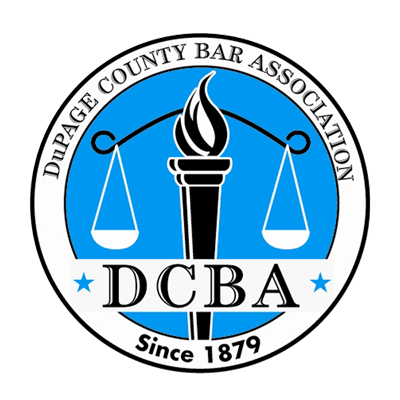
Older adults are fragile. As we age, our skin gets thinner, our balance wavers, and everyday activities become significantly more dangerous. If you have an older parent, grandparent, or other relative in a nursing home, it can be concerning to notice injuries on your loved one. While bruises and bleeding in nursing home patients may be the result of an accident or general clumsiness, they can also be a sign that the patient is being abused. How do you know if these injuries are caused by accidents or if there is something more nefarious going on? What should you look for if you suspect your loved one is being harmed?
Nursing Home Abuse Is a Major Problem
When someone puts their parent or older relative into a nursing home, they expect the staff to do what they cannot—provide round-the-clock care and treatment for their loved one. Unfortunately, older people in nursing homes and other long-term care facilities are prime targets for abuse and neglect. Often the staff in nursing homes is underpaid, undertrained, and overworked, which can lead to feelings of frustration and anger that the staff takes out on patients.
According to the World Health Organization, an estimated 1 in 6 people over the age of 60 has suffered abuse or neglect at the hands of a caretaker in the past year. More concerningly, a review of studies of institutional settings found that over 64% of staff in nursing homes, hospitals, and other care facilities reported partaking in some type of abuse against their patients. This could be physical or sexual abuse, psychological abuse, financial abuse, or neglect.
Signs of Abuse and Neglect
No one wants to believe that the facility they trust to care for their relative is abusing them. However, it is crucial to be vigilant about your loved one’s health and safety and look for signs of abuse.
Physical Signs
Injuries like cuts, bruises, and bleeding are often the first signs of abuse. While these wounds can be caused by falls or accidents, you should be skeptical of explanations for injuries that don’t make sense. Does the location of the injury fit with the story? Was the injury cleaned and treated to prevent infection? Because older people’s skin is so delicate, it is prone to tearing, cuts, and lacerations. However, neglect can also result in these same injuries. Not changing clothing or bedding, leaving skin wet or damp for long periods of time, and failing to adequately supervise someone who has trouble walking can all result in injuries that should not happen with proper care.
In addition to cuts and bruises, infections, bedsores, and dehydration can point to a lack of proper treatment. All of these types of issues develop over time and should be caught quickly by trained staff. When they are not treated quickly, they can become much more serious, leading to severe health problems and death.
Emotional Signs
Not all older people can effectively communicate about what is happening to them. Issues like dementia or Alzheimer’s disease can prevent them from reporting their abuse. They may also be frightened of their abuser(s) and afraid to talk about them. Instead, it may be up to you to recognize signs of abuse that present much more subtly.
Common emotional signs of nursing home abuse include your loved one becoming withdrawn or distant, refusing to participate in activities, suffering from crying spells or depression, or actively making complaints about mistreatment. If your relative seems agitated, fearful, anxious, or is not sleeping, it could be a sign that they are being mistreated.
Environmental Signs
Sometimes evidence of abuse or neglect can be gleaned from your loved one’s surroundings and environment. When you visit your loved one, take note of the facility’s state. Is it clean? Are linens changed frequently? Is your relative’s room safe and accessible to them? Are staff members helpful and friendly to your relative and other patients? Do the other patients seem happy and cared for? Talk to the staff members and other patients about any concerns you may have, and try to get a complete picture of what happens in the facility when you are not there.
Fight Back Against Nursing Home Abuse
Nursing homes that abuse their patients deserve to be held accountable to the fullest extent of the law. If your parent or other relative is being neglected or harmed by the staff at their nursing facility in the Chicagoland area, you have options.
Contact the experienced personal injury lawyers at Cullotta Bravo Law Firm today to learn more about protecting your loved one and getting justice after a nursing home injury. Call 630-898-7800 or contact us online to find out more about how we can help.
Meta Title: Nursing Home Bruises: Abuse or Accidents? | Cullotta Bravo Law
Meta Description: If your loved one is in a nursing home, the signs of abuse can be subtle. Chicago nursing home abuse lawyers can help. Call 630-898-7800 now.





